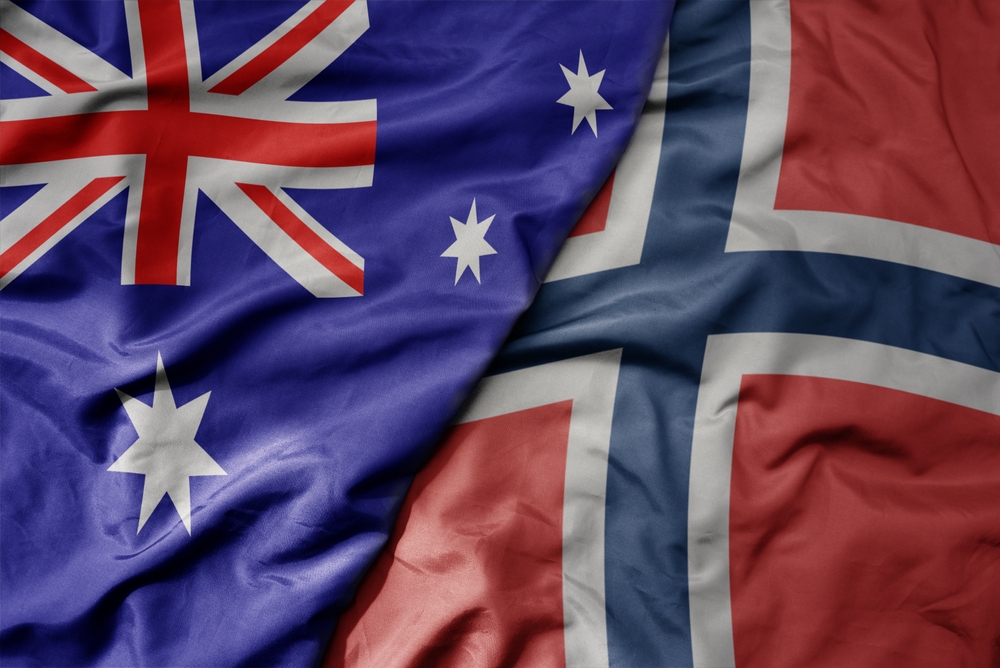Australia and Norway have formally joined the Clean Energy Transition Partnership (CETP), a historic alliance aiming at ending international public subsidies for fossil fuels. The CETP, also known as the Glasgow Statement, was launched during COP26 in Glasgow and has grown to include 41 countries and organizations, signaling a significant step forward in combating the climate catastrophe.
According to Dina Rui of ActionAid Denmark, Norway’s participation is an important first step toward aligning with global sustainability goals, highlighting the country’s long-standing status as a major oil and gas producer.
Australia’s pivotal shift in climate policy
After years of hesitation, Australia is making a decisive move toward meaningful climate action. “After a decade of denial and delay,” Minister Chris Bowen stated, “Australia is finally being taken seriously as an international trading partner and investor determined to take meaningful action on climate change.”
The impact of the CETP on OECD policies
This joint action by new CETP members has the potential to significantly modify the OECD Arrangement on Officially Supported Export Credits. Nina Pušić of Oil Change International (OCI) noted its significance, underlining that the OECD nations’ considerable commitment sets the way for revolutionary negotiations.
“In joining the CETP, the Albanese government is acknowledging that foreign aid and federal export finance should not be squandered on fossil fuel expansion,” Jubilee Australia‘s James Sherley said, emphasizing the importance of shifting financial focus to sustainable projects.
A critical implementation timeline
Despite the commendable commitments, these countries have a year to turn their promises into action. However, noteworthy signatories have come under fire for failing to meet past deadlines, requiring heightened scrutiny and responsibility from civil society organizations.
Legal Challenges for Export Credit Agencies (ECAs)
Civil society organizations are increasingly targeting export credit agencies (ECAs), filing lawsuits and filing complaints to hold them accountable for their environmental impact. Friends of the Earth recently filed a protest with the OECD, claiming the US Export-Import Bank’s continued financing of fossil fuel projects as a violation of OECD principles.
COP28’s Role in climate negotiations
This month’s COP28 meeting involved more than simply vows; governments gathered for a global stocktake, methodically monitoring progress toward the Paris Agreement’s objectives. Along with national commitments, financial institutions, including ECAs, have agreed through the Net Zero Export Credit Alliance to achieve net-zero greenhouse gas emissions by 2050.
“Increasing participation in initiatives like the CETP leaves fewer excuses for countries that haven’t yet redirected their finance from fossil fuels into clean energy,” Nina Pušić said, emphasizing the cumulative influence of such global initiatives.
The inclusion of Australia and Norway in this global commitment represents a fundamental shift in international finance policies, ushering in a promising path toward a more sustainable and climate-resilient future.












